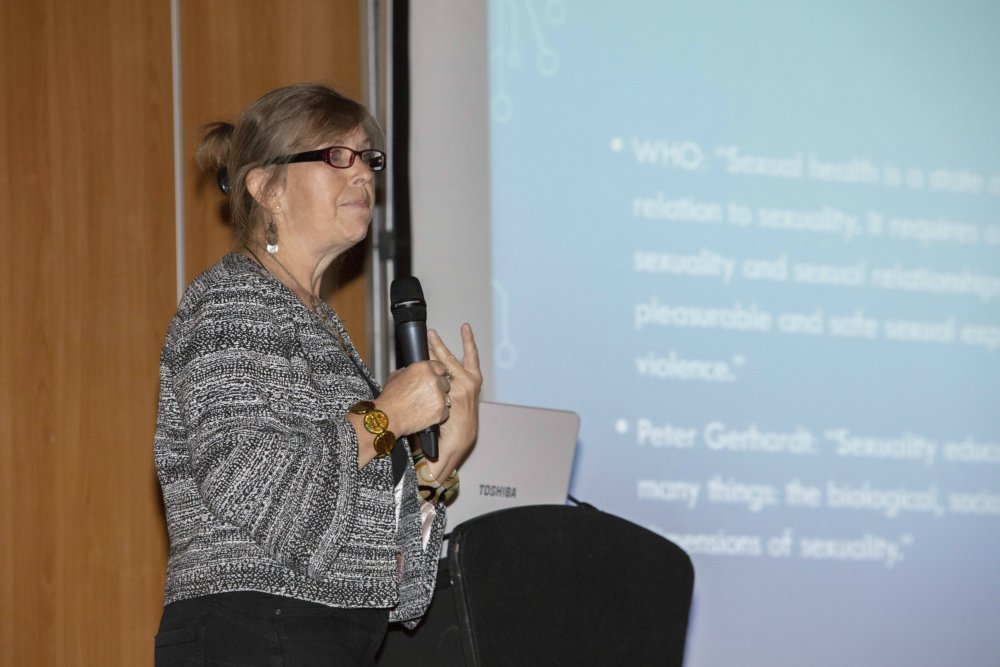Image courtesy of Chromosome 18 Europe
In June this year I spoke at a conference for the Chromosome 18 Europe which took place in Glasgow. The subject? Relationships and sex education. The target audience? Parents and self-advocates affected by Chromosome 18. The challenge? I knew a lot about the former and very little about the latter.
What is Chromosome 18?
Put simply, humans are born with 23 pairs of chromosomes, one of each pair being inherited from each parent. Chromosome 18 contains an estimated 200-300 genes which tell the body how to grow and develop. If chromosome 18 is altered, extra or part of it is deleted this can lead to a spectrum of conditions, some more disabling in terms of managing activities of daily living such as personal care, while others may have facial or physical problems, including heart conditions.
Chromosome 18 conditions are relatively rare, although may be under-reported. In 2017 alone 220 families registered with the official registry in Texas, US whose mission is to educate, research and develop a supportive Chromosome 18 community. This final goal underpinned the Glasgow conference with entire families attending, making use of a well-managed creche.
My talk – the ‘when, what and how of sex education’

Image courtesy of Chromosome 18 Europe
It’s difficult to think about our children and young people developing sexually when they still enjoy playing with Disney toys or watching Pixar films. Some of us may think (or hope) that they’ll never become sexual or that puberty will be delayed by their condition or medication.
Sexuality can be a difficult subject to broach for parents of children or young people with SEND, usually for the following reasons:
- we feel uncomfortable about the subject
- we’re inundated with other things to do, either for our other children or in supporting the disabled child
- we don’t have enough information and resources
- we lack confidence
Many parents wait until their children behave explicitly sexually, often by masturbating or body rubbing in a public place. So issues around sexuality become a matter of crisis intervention rather than a structured, informal learning process which develops over time from childhood.
The key is to start some aspects of relationship and sex education at an early point
Introducing concepts of privacy and private body parts can begin as soon as potty training starts, when parents can demonstrate that toilet activities should take place in the privacy of the bathroom. Enabling children or young people to do as much as they can independently, especially in personal care, can reinforce that some body parts are private. In addition, this should reduce the likelihood of sexual abuse because the young person doesn’t need another person to touch their private body parts.
Our children may develop at different rates and parents need to use ‘teachable moments’ or opportunities as they arise to help children and young people learn aspects of relationships and sex education. This may be helping children understand what personal space is and that it varies for different people in their lives. Or it may be explaining what is meant by ‘public’ and ‘private’ things and places and that everyone has private body parts, what they are and where is a private place to touch their own private parts.
After doing my presentation, I stayed at the Glasgow conference to run two workshops, one for parents of girls or young women and one for parents of boys or young men. The first focused mainly on periods or menstruation and whether or not girls with Chromosome 18 conditions were likely to have delayed puberty.
The advantage of group work is that parents share not only experiences but strategies to manage some of the more unusual behaviours our children and young people display. The group concentrating on males, almost predictably, involves broad discussion of masturbation in public – or rather, how to avoid this happening and refocus our young people on to their own bedrooms for ‘private time’.
Interestingly, the parents who attended were supportive of their young people masturbating so long as it was in private. Often, parents have difficulties accepting that their young person is sexual and try to eliminate or ignore masturbation, which can be even more problematic than dealing directly with the behaviour.
The most striking aspect of this conference was the family feel to the event. The end of the conference was a very bonding experience when all the families joined for a photograph. A well-staffed creche ensured that whole families could attend and buffet-style meals created a community atmosphere for eating. Chromosome 18 conditions are relatively rare, so these families act as support to each other between conferences. This was a notable conference experience – and one I hope to repeat.
Visit www.chromosome18.org for more information.
Biography
Kate Reynolds is a public speaker, author and consultant specialising in relationships and sexuality education for people with autism, developmental and intellectual (learning) disabilities. She has two children on the autism spectrum and is a trained nurse, counsellor and trainer.
Kate has written nine books for Jessica Kingsley Publishers and has recently completed two new books for such young people titled ‘What are…relationships?’ and ‘What is…personal space?’ available on Amazon or via Kate’s website www.autismagonyaunt.com


Comments are closed